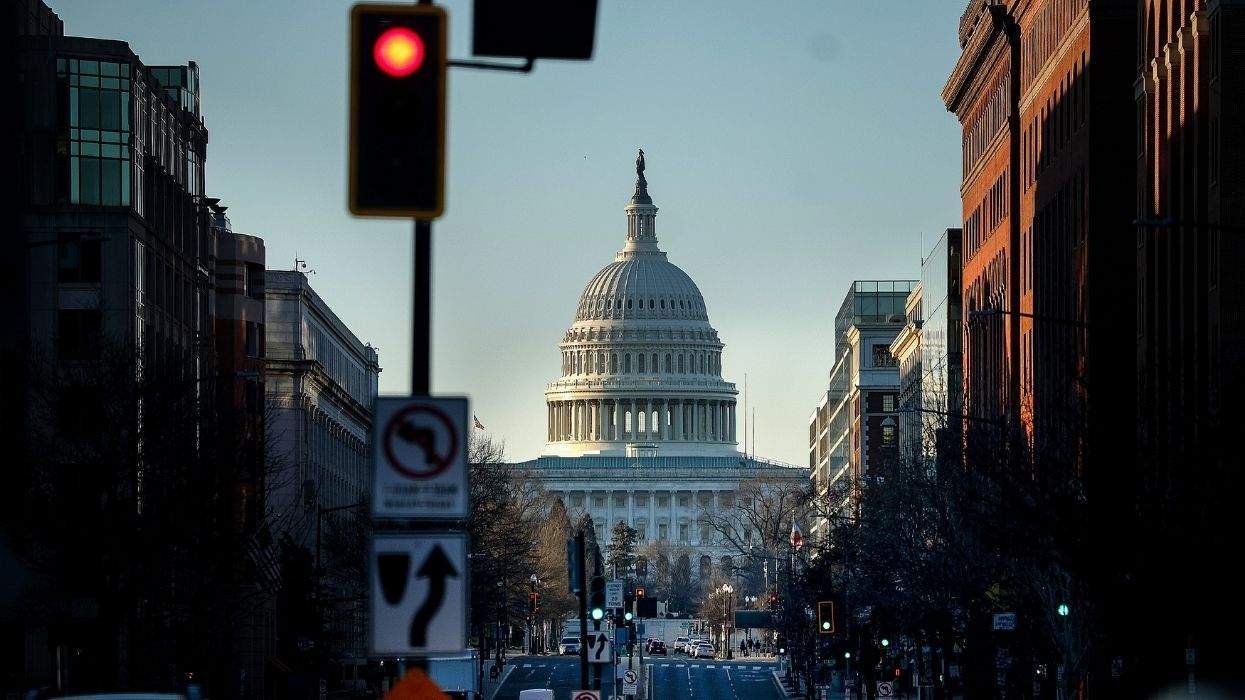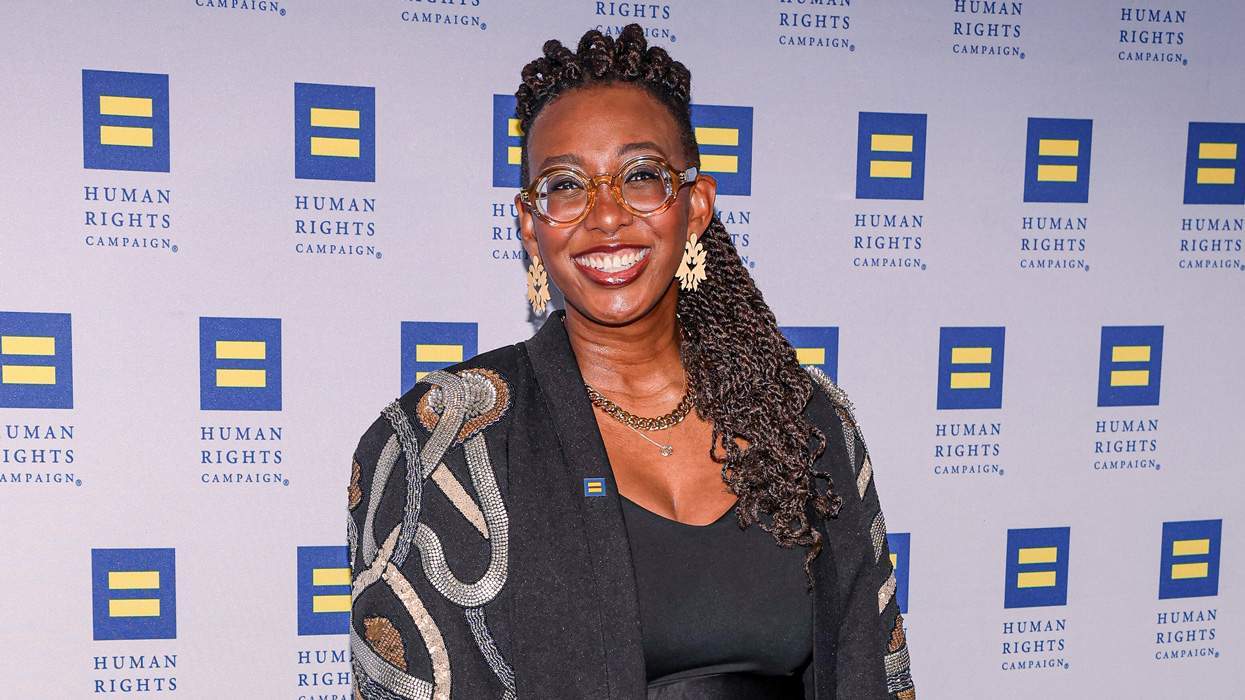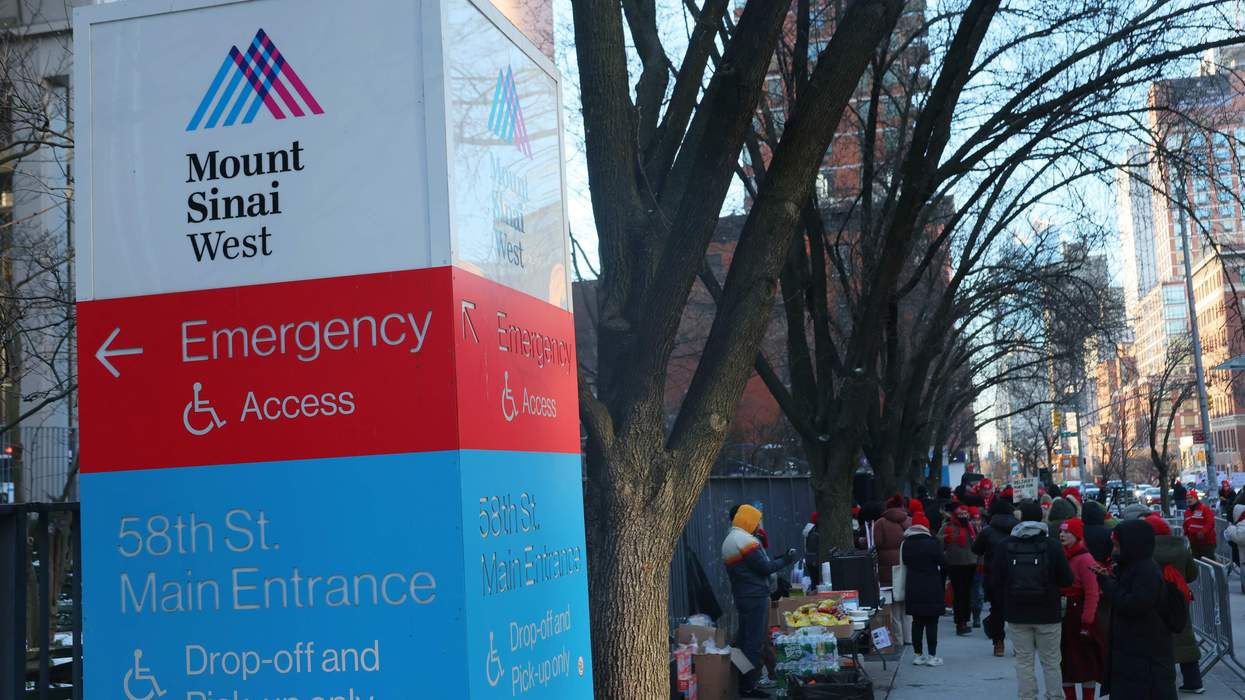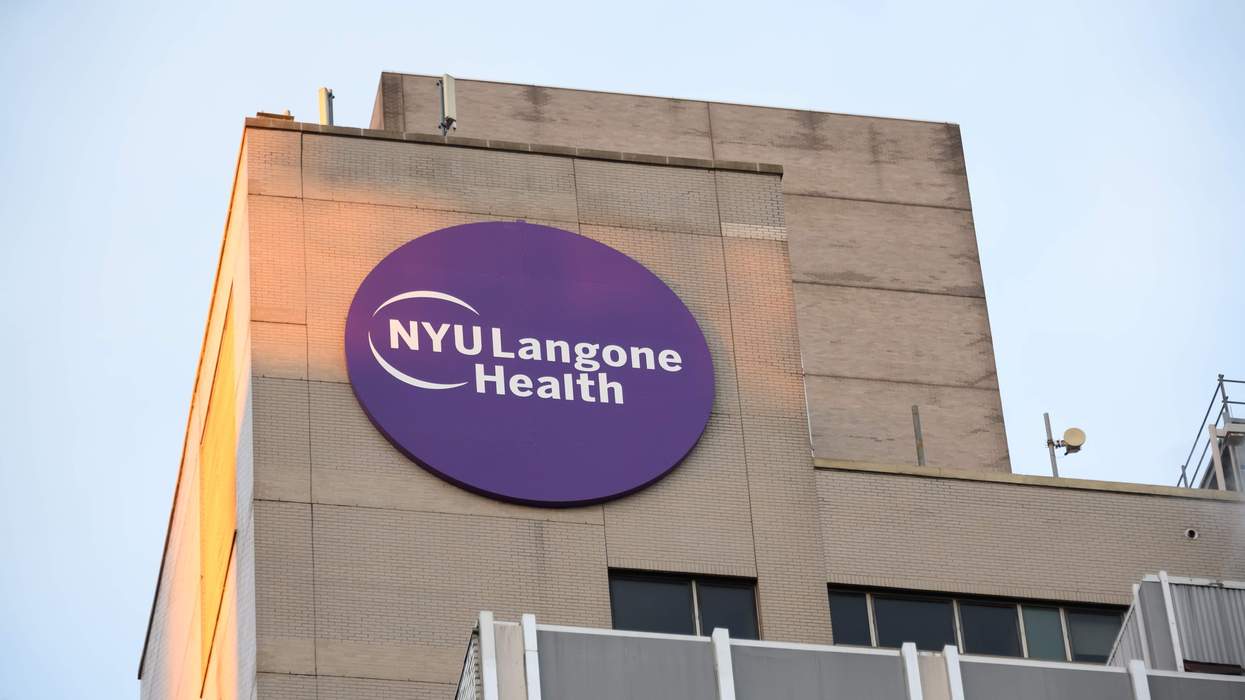The Gay and Lesbian Medical Association on Friday presented new information on adolescent smoking rates among gay, lesbian, bisexual, transgendered, or questioning adolescents, showing gay youths are much more likely to smoke than their straight peers. The findings were presented at a plenary session at GLMA's annual health conference in Rancho Mirage, Calif. Previous surveys have shown that GLBT people smoke at rates 40% to 60% higher than the general population. An analysis of the National Longitudinal Study of Adolescent Health shows that youth reporting any same-sex attractions or relationships have significantly higher smoking rates than youth reporting only opposite-sex attractions or relationships. About 45% of females and 35% of males reporting same-sex attractions or relationships also said that they smoke; only about 29% of straight youth reported smoking. Overall, about 8% of the 12,000 adolescents in grades 7-12 reported having same-sex attractions or relationships. A separate study presented at the conference showed that many health care providers working in the gay community or who are gay themselves say they have received minimal training and have inadequate materials available on smoking cessation for their gay patients. The GLMA Health Care Provider Survey, developed in conjunction with the Centers for Disease Control and Prevention's Office on Smoking and Health, showed that more than 77% of health care providers surveyed had fewer than three hours of education and training on smoking cessation counseling. More than half of those surveyed--53.3%--said their smoking-cessation training was "not enough." Of the respondents who said they do not regularly counsel patients on stopping their smoking, 61.3% said they would be more likely to counsel their gay patients if there were LGBT-specific smoking cessation materials available. "As research continues to point to high smoking rates among LGBT populations--especially disproportionate among adolescents--it is important to continue these types of surveillance efforts and support programs to help reverse these trends," said Alyssa Easton, Ph.D., lead author of the adolescent study. "Smoking kills over 440,000 people each year in the United States, and health care providers have an important role to play in promoting smoking cessation. GLMA is in an ideal position and has the skills to help reduce smoking-related morbidity and mortality among LGBT and all communities."
Search
AI Powered
Human content,
AI powered search.
Latest Stories
Stay up to date with the latest in LGBTQ+ news with The Advocate’s email newsletter, in your inbox five days a week.
@ 2026 Equal Entertainment LLC.
All rights reserved
All rights reserved
By continuing to use our site, you agree to our Privacy Policy and Terms of Use.
The Latest
Support Independent Journalism
LGBTQ+ stories deserve to betold.
Your membership powers The Advocate's original reporting—stories that inform, protect, and celebrate our community.
Become a Member
FOR AS LITTLE AS $5. CANCEL ANYTIME.
More For You
Most Popular
@ 2026 Equal Entertainment LLC. All Rights reserved















